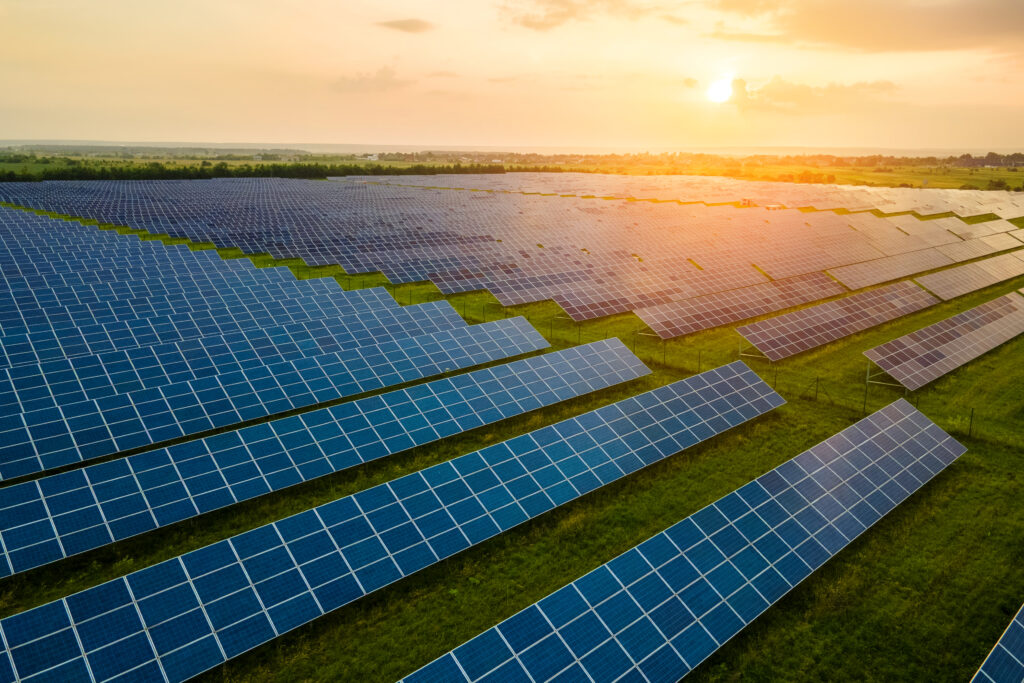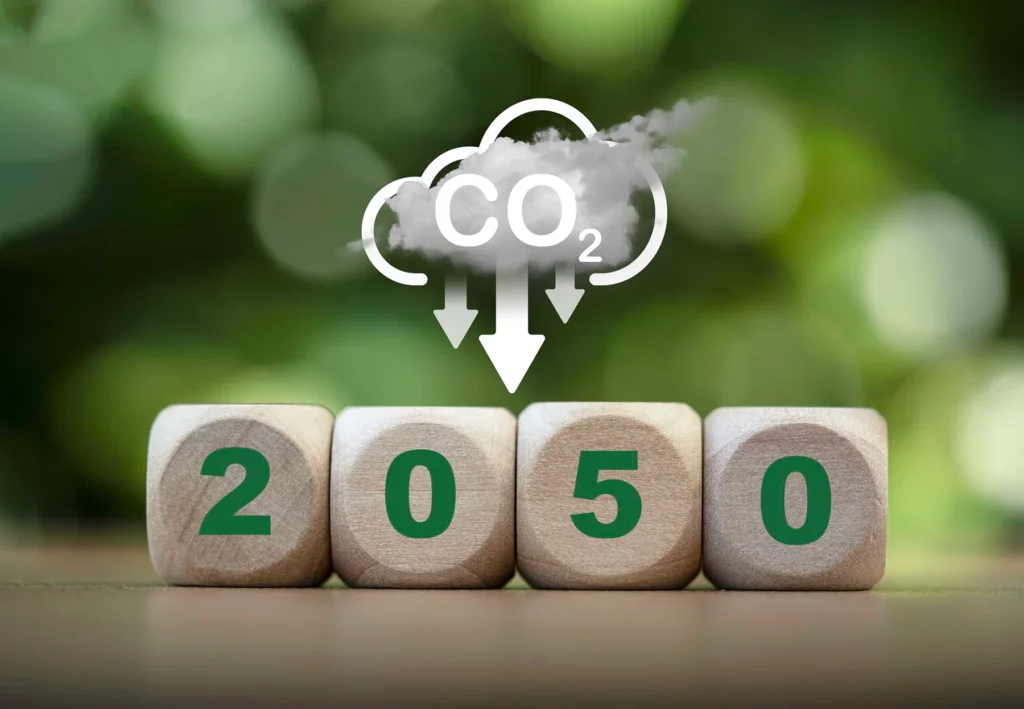When it comes to climate change action, achieving net zero by 2050 in line with the Paris Agreement is the UK’s legal target.
Net zero feels like the latest buzzword – we’ve seen a surge in commitment from governments and businesses to net zero, meaning momentum is building.
At Verde we are committed to net zero by 2030
What is Decarbonisation?
Decarbonisation is the process of reducing carbon dioxide (CO2) emissions and minimising the release of other greenhouse gases into the atmosphere. It is a crucial strategy in mitigating climate change and achieving sustainability goals.
The process involves the transition from high carbon fossil fuels, to low carbon renewable energy alternatives: solar, wind and hydroelectric power.
Verde can embed climate action in your business model and help your people and your partners to understand how it impacts them day to day. A credible net zero commitment is anchored in really understanding your carbon footprint.


Why Net Zero Matters
Net zero will be achieved when we reach a balance between the amount of greenhouse gases (GHG’s) emitted into the atmosphere and the amount removed. Failure to achieve net zero will make the planet more difficult to inhabit.
Benefits to achieving net zero are;
- Mitigating and reversing climate change
- Improved air quality and environmental health
- Long-term cost stability
- Improved biodiversity
- Improved energy security
Achieving Government Targets
The UK was the first major economy to create a legally binding target to bring greenhouse gas emissions to net zero by 2050.
This target was set considering the latest scientific evidence and was recommended by the Climate Change Committee (CCC), the UK’s independent climate advisory body. The government is committed to decarbonisation measures across society to absolute zero by 2050.
The challenge is that sectors such as industry, agriculture, and aviation are difficult to decarbonise completely. Greenhouse Gas Removals (GGR) are therefore essential to compensate for the residual emissions arising from these hard-to-decarbonise sectors so we can reach net zero by 2050.

